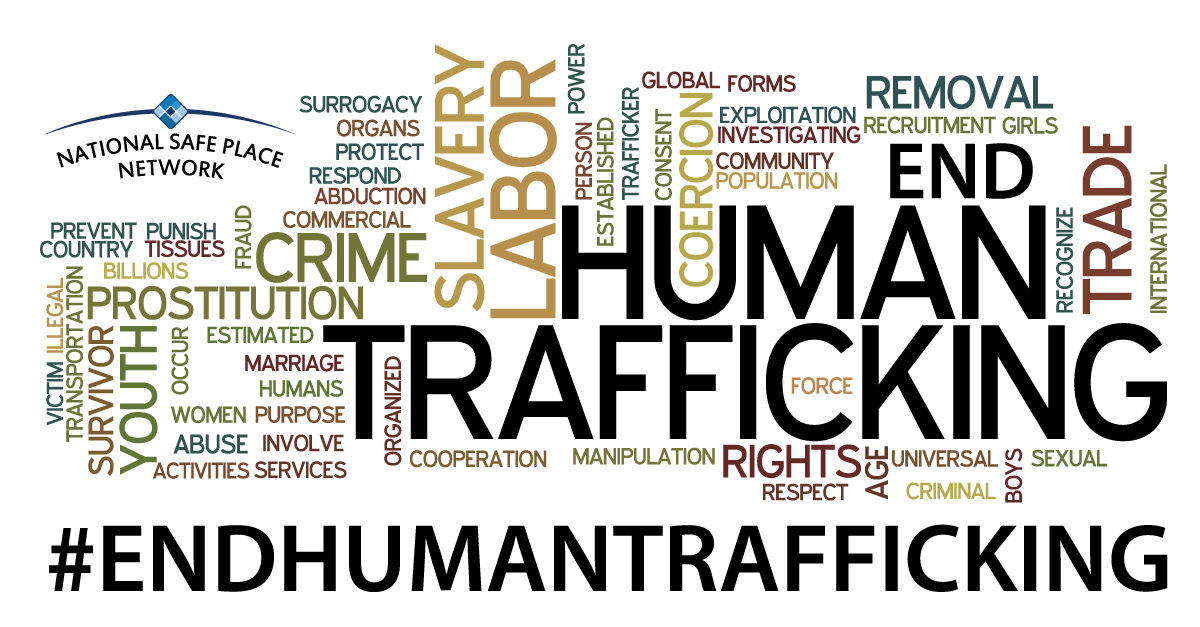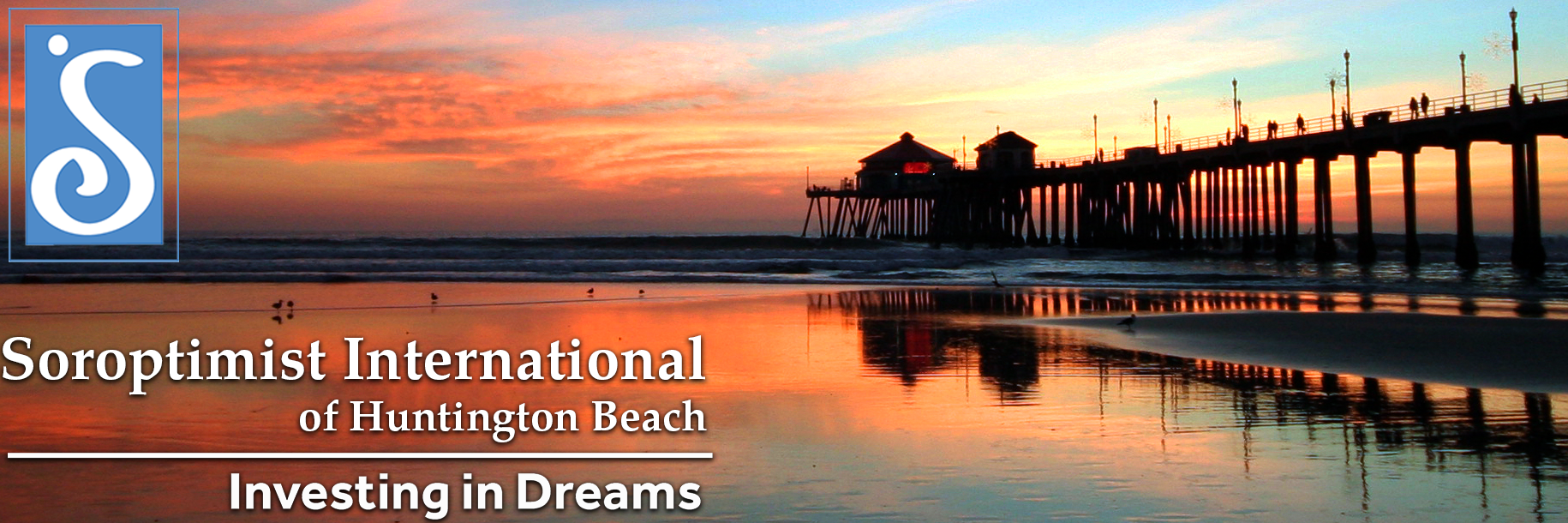
January is National Slavery and Human Trafficking Prevention Month, also known as National Human Trafficking Awareness Month. We encourage you to join us throughout the month as we come together to raise awareness of human trafficking and combine our efforts to prevent it.
National Human Trafficking Awareness Day is observed every year on January 11.
About Human Trafficking
The Trafficking Victims Protection Act of 2000 (TVPA) defines “severe forms of human trafficking” as, “The recruitment, harboring, transportation, provision, or obtaining of a person for:
- Sex trafficking in which a commercial sex act is inducted by force, fraud, and coercion, or in which the person inducted to perform such act has not attained 18 years of age; or,
- Labor or services, through the use of force, fraud, and coercion for the purpose of subjection to involuntary servitude, peonage, debt bondage, or slavery.”
Trafficking in persons, or human trafficking, is a widespread form of modern-day slavery. It’s a crime that involves the exploitation of a person for the purpose of compelled labor or a commercial sex act through the use of force, fraud, or coercion. If a person younger than 18 is inducted to perform a commercial sex act, it is considered a crime regardless of whether there is any force, fraud, or coercion. Human traffickers target all populations around the world and in our own neighborhoods: women, men, youth, children, citizens, non-citizens, English speakers, non-English speakers. Some groups, such as runaway and homeless youth, native individuals, domestic violence victims, and LGBTQ population are particularly vulnerable to human trafficking. Victims are recruited and lured by traffickers with the false promise of a better life, love, and job opportunities. Later, traffickers use violence, threats, and manipulation to controls their victims. Homeless youth who are forced to trade sexual acts with an adult in exchange of something of value (i.e. shelter, food) are considered victims of domestic sex trafficking.
Human trafficking is the fastest growing criminal enterprise of this century, growing from a nine billion to a 32 billion dollar global industry in a little over a decade. There is no typical trafficker, and it has been shown that traffickers can be parents or other close family members, family friends, boyfriends/girlfriends, employers, smugglers or strangers. Traffickers can be part of an organized enterprise or can work alone. Street gangs, for example, are known to traffic minors into the drug and sex markets. Don’t ignore the facts. Slavery exists and we can work together to end it.
–source National Safe Place Network
Join us on at our January 25, 2018 Program Meeting and learn more about Human Trafficking in Orange County. For more information, click on our Meetings & Events tab or contact us at info@soroptimisthuntingtonbeach.org.

